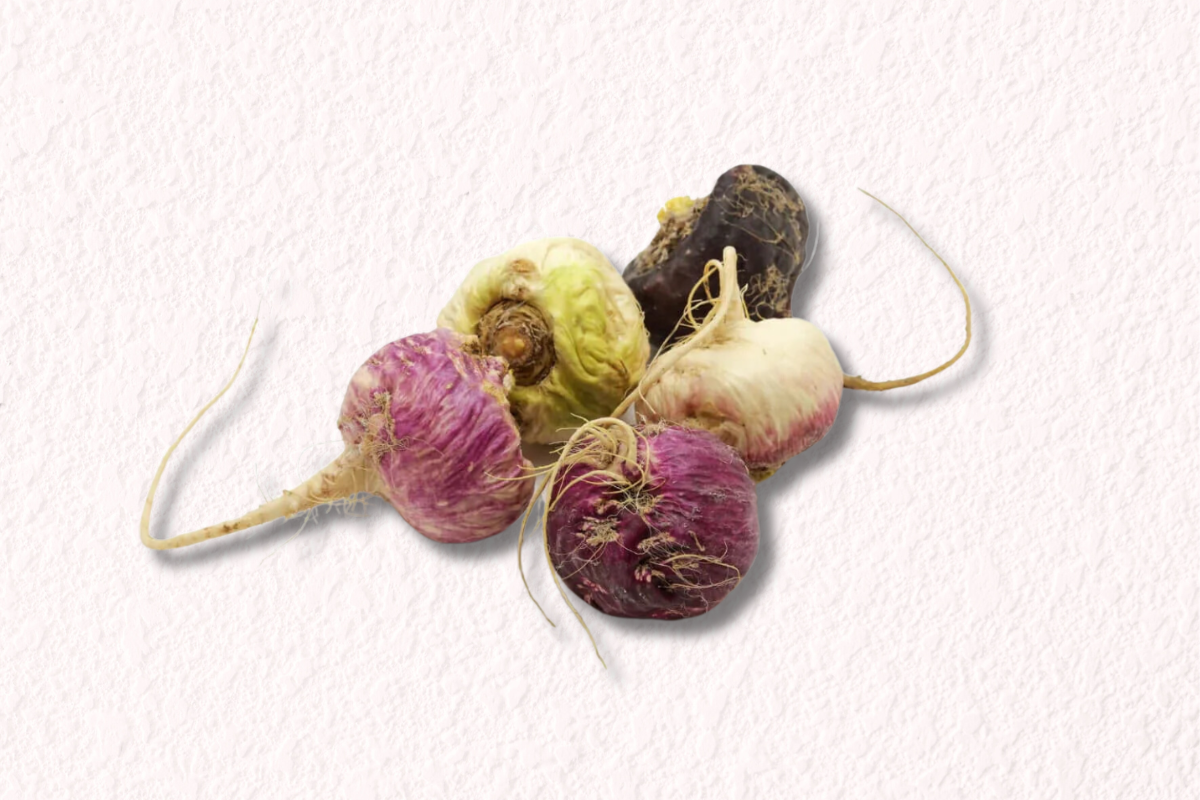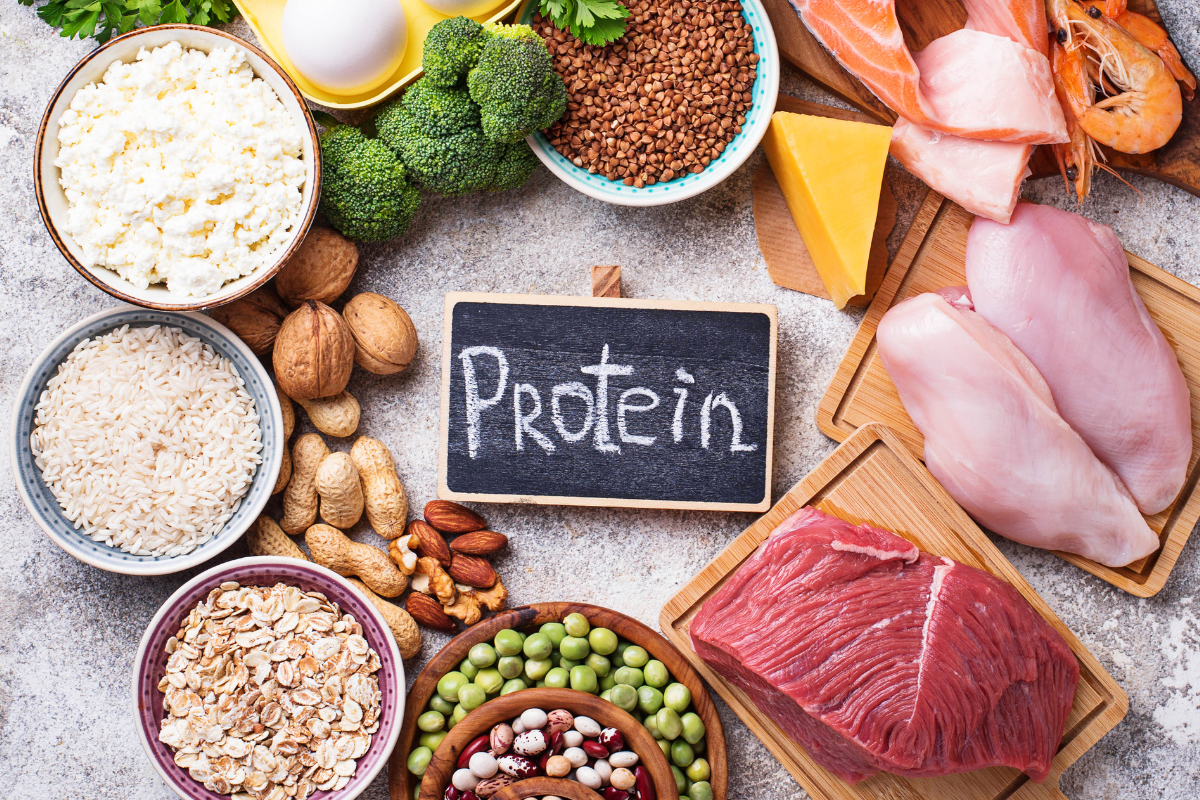Maca Root 101: What It Is and Why It Matters for Fertility
When you think of fertility-friendly ingredients, you might picture folate-rich spinach or iron-packed lentils. But there’s another plant that’s been getting increasing attention in wellness circles: maca root. Used for centuries in certain cultures for its potential energy-boosting and hormone-balancing qualities, maca is now widely available in supplement form—and it’s even found its way into select fertility-focused snacks, including some of our OVU products.
In this blog, we’ll dive into what maca root is, how it might support fertility, and the things to consider when adding it to your daily routine.
1. What Is Maca Root?
Origins and Cultural History
-
Native to the Andes: Maca (Lepidium meyenii) grows high in the mountains of Peru, where extreme temperatures and thin air are the norm.
-
Traditional Use: Ancient Peruvians have consumed maca root for centuries, regarding it as a nutritious food and traditional remedy believed to promote stamina, energy, and even libido.
Types of Maca
Maca root can come in different colors—such as yellow, red, or black—each with slightly varying nutrient profiles. It’s commonly sold as a powder, capsule, or extract, allowing for easy incorporation into daily diets.
2. Potential Benefits for Fertility
Hormone Balance
One of the main reasons maca root catches attention in fertility discussions is its reputed effect on hormone balance. While research on humans is still evolving, some animal and small human studies suggest that maca may help:
-
Support estrogen and progesterone balance, both critical for ovulation and menstrual regularity.
-
Influence the hypothalamic-pituitary-adrenal (HPA) axis, which can play a role in stress-related hormone imbalances.
Key Study: A small pilot study published in the journal Complementary Therapies in Medicine noted that maca supplementation might help reduce psychological symptoms (such as anxiety and depression) in postmenopausal women, potentially due to minor hormone-modulating effects.[1] However, more large-scale studies are needed to confirm these benefits in broader populations.
Energy and Stamina
Fertility journeys often bring fatigue—both emotional and physical. According to traditional Peruvian usage, maca root is valued for its ability to enhance energy and stamina. Some modern users also report feeling more alert and less tired when consuming maca.
-
While these energy-boosting claims are largely anecdotal, preliminary research hints at maca’s potential for improving mood and endurance.
Libido and Sexual Wellness
Struggling with libido can be a hidden hurdle for couples trying to conceive. Maca is sometimes dubbed a “natural aphrodisiac,” with small studies suggesting maca intake might positively influence sexual desire in both men and women.[2] While this is not a direct route to conception, a healthier libido can improve the emotional and relational aspects of a fertility journey.
3. Maca Root in OVU Bars
You’ll often see maca root as an ingredient in fertility-targeted foods and supplements—including some of our OVU bars. Why do we include it?
-
Synergy with Other Nutrients: OVU bars also feature myo-inositol, fiber, and protein, creating a comprehensive nutritional profile that may help regulate blood sugar and support hormonal health.
-
Holistic Approach: Maca aligns with our holistic view of fertility, aiming to support mind, body, and hormone balance.
-
Natural, No Added Sugar: While you can find maca root in sweetened powders or lattes, OVU bars offer a convenient way to incorporate this ancient root without added sugars that could spike blood glucose.
4. How to Use Maca Root Safely
Suggested Dosages
There’s no universal “best dose” of maca, as most research is preliminary. Typical recommendations range from 1–3 teaspoons of maca powder per day (or the equivalent in capsules or extracts), though product formulations differ.
-
OVU bars have a measured amount of maca root, so you don’t need to worry about calculating doses yourself.
Potential Side Effects
Maca is generally considered safe for most people. However:
-
Sensitivity: Some individuals may experience mild gastrointestinal discomfort or a slight increase in heart rate.
-
Underlying Conditions: If you have a specific hormone-sensitive condition (e.g., endometriosis, fibroids) or thyroid issues, consult your healthcare provider before adding maca.
-
Pregnancy & Breastfeeding: While maca is used in traditional Peruvian diets (including pregnancy), there isn’t enough large-scale scientific data to confirm its safety in all scenarios. If you’re newly pregnant or planning to be, discuss maca usage with a healthcare professional.
Pairing Maca with a Balanced Diet
Even if maca root offers benefits, it can’t replace the foundational elements of fertility nutrition:
-
Protein, Fiber, Healthy Fats: Needed for balanced blood sugar, which in turn supports hormone stability.
-
Key Micronutrients: Iron, folate, vitamin D, calcium, and more all play roles in conception and early fetal development.
Think of maca as a supportive ingredient rather than a silver bullet for fertility or energy.
5. Maca Root vs. Other Adaptogens
Maca root often appears in the same conversations as adaptogenic herbs like ashwagandha, rhodiola, or ginseng—plants purported to help the body adapt to stress. While each has a distinct chemical makeup and historical usage:
-
Maca is unique in its nutrient density, containing vitamins, minerals, amino acids, and beneficial plant compounds.
-
Ashwagandha is frequently touted for stress relief and hormone support.
-
Rhodiola is known for potential anti-fatigue effects.
Some people experiment with combining these adaptogens, but always proceed with caution and ideally consult a nutrition or healthcare professional for personalized advice—especially if you’re dealing with hormone-related issues.
6. Practical Ways to Incorporate Maca (Beyond OVU Bars)
-
Smoothies: Add a teaspoon of maca powder to a fruit-and-greens blend for a subtle earthy flavor.
-
Oatmeal or Porridge: Stir a small amount into your morning bowl along with nuts, seeds, or spices like cinnamon.
-
Energy Bites: Combine maca powder with dates, nuts, and coconut for a homemade snack ball.
Note: Maca has an earthy, slightly sweet, and malty taste that pairs well with cocoa or vanilla, making it popular in latte mixes and desserts.
7. Frequently Asked Questions
Q: Can maca replace fertility medications or treatments?
A: No. While maca may be a supportive ingredient in a balanced diet, it’s not a substitute for medical interventions such as fertility drugs, IVF, or other prescribed treatments. Always follow your doctor’s recommendations and discuss any supplements you’re considering.
Q: Is maca root suitable for men as well?
A: Yes, maca is sometimes explored for male fertility and libido support. Many couples use it together, but the guidelines for safe intake and potential side effects still apply.
Q: Can I consume maca if I’m not trying to conceive?
A: Absolutely. Maca’s potential benefits—supporting energy, mood, and overall wellness—may appeal to anyone. It’s commonly found in “superfood” mixes and can be part of a healthy lifestyle.
8. References & Additional Reading
-
Stojanovska, L., et al. (2015). “Maca reduces blood pressure and depression in a pilot study in postmenopausal women.” Complementary Therapies in Medicine, 23(2), 114–120.
-
Gonzales, G. F. (2012). “Ethnobiology and ethnopharmacology of Lepidium meyenii (Maca), a plant from the Peruvian Highlands.” Evidence-Based Complementary and Alternative Medicine.
For more info on fertility-friendly foods and holistic health, you can check:
-
Office on Women’s Health (U.S. Department of Health & Human Services)
-
Academy of Nutrition and Dietetics
-
The American College of Obstetricians and Gynecologists (ACOG)
Author’s Note
As someone who has personally navigated fertility challenges—and dove headfirst into nutrition research along the way—I know that every bit of reliable information can bring relief and empowerment. It’s my hope that this post inspires you to explore your dietary choices with optimism and curiosity. After all, fueling your body well isn’t just about preparing for the possibility of pregnancy; it’s also about nurturing yourself in the here and now.
If you have questions or suggestions for future blog topics, feel free to reach out! The OVU community is all about shared experiences and knowledge. We’re in this together, and we can’t wait to support your healthy, hopeful journey.
(Disclaimer: This blog is for informational purposes only and does not constitute medical advice. Always consult with a healthcare professional for personalized recommendations.)






